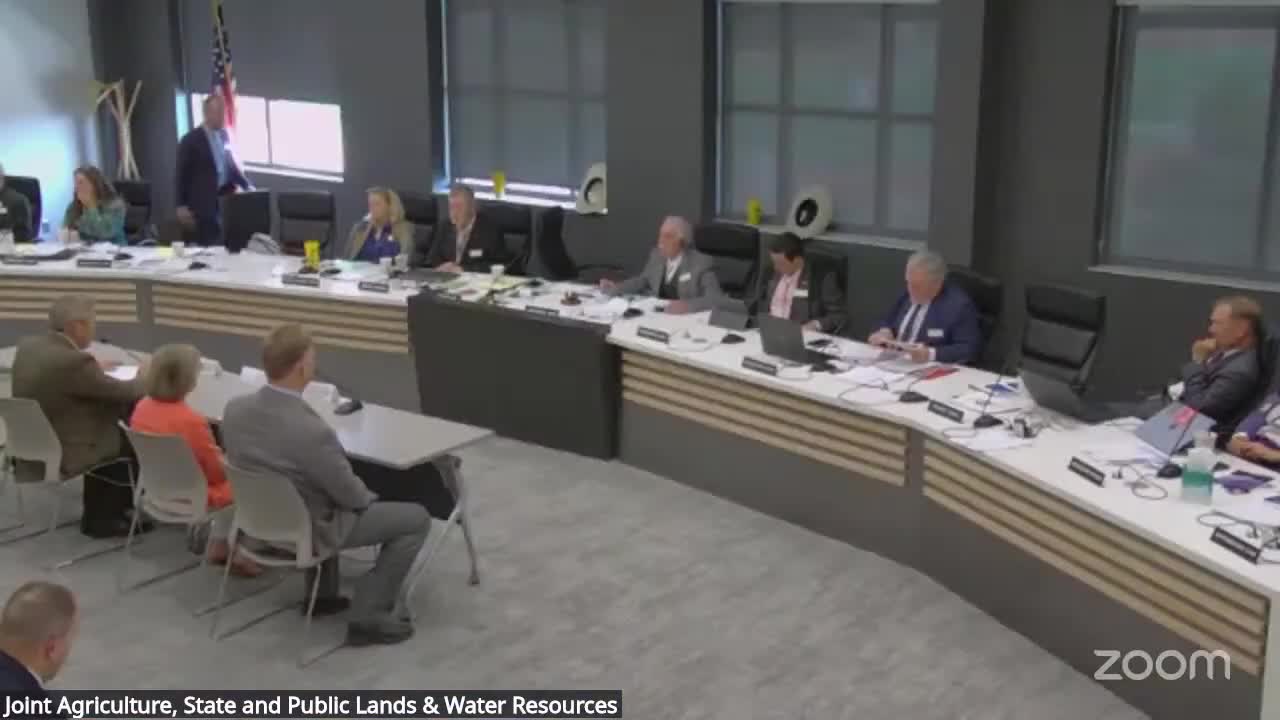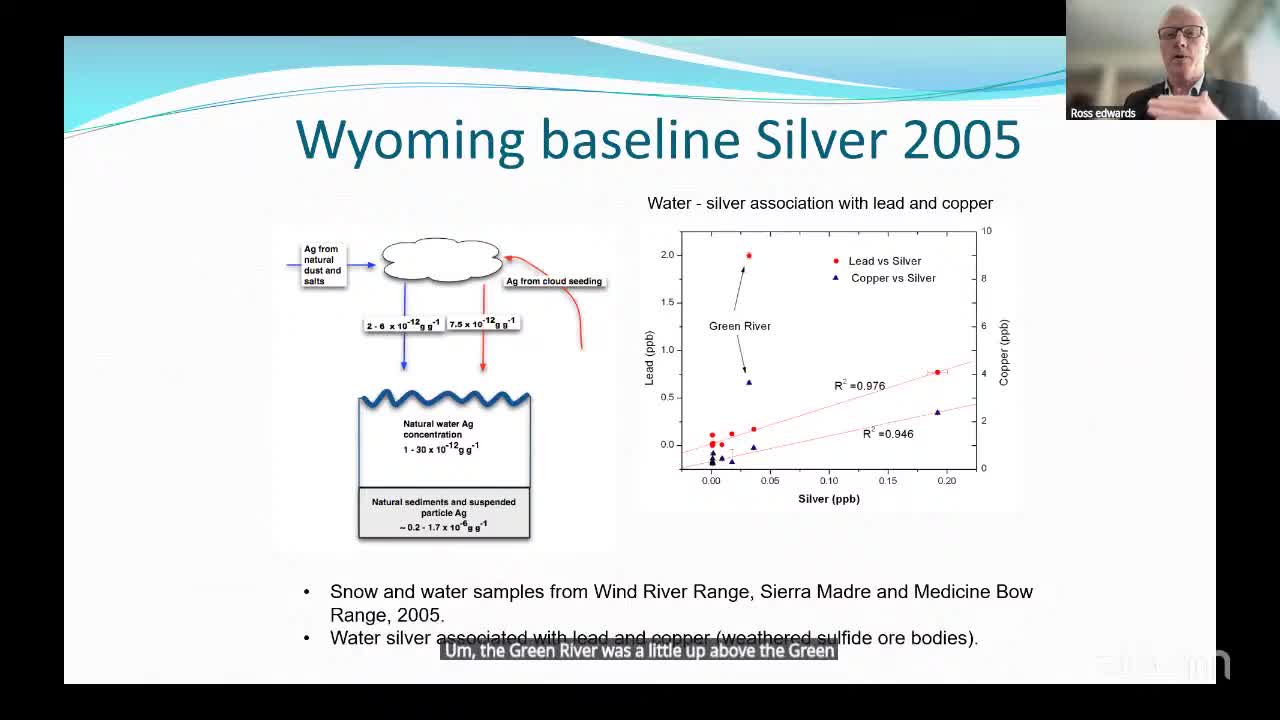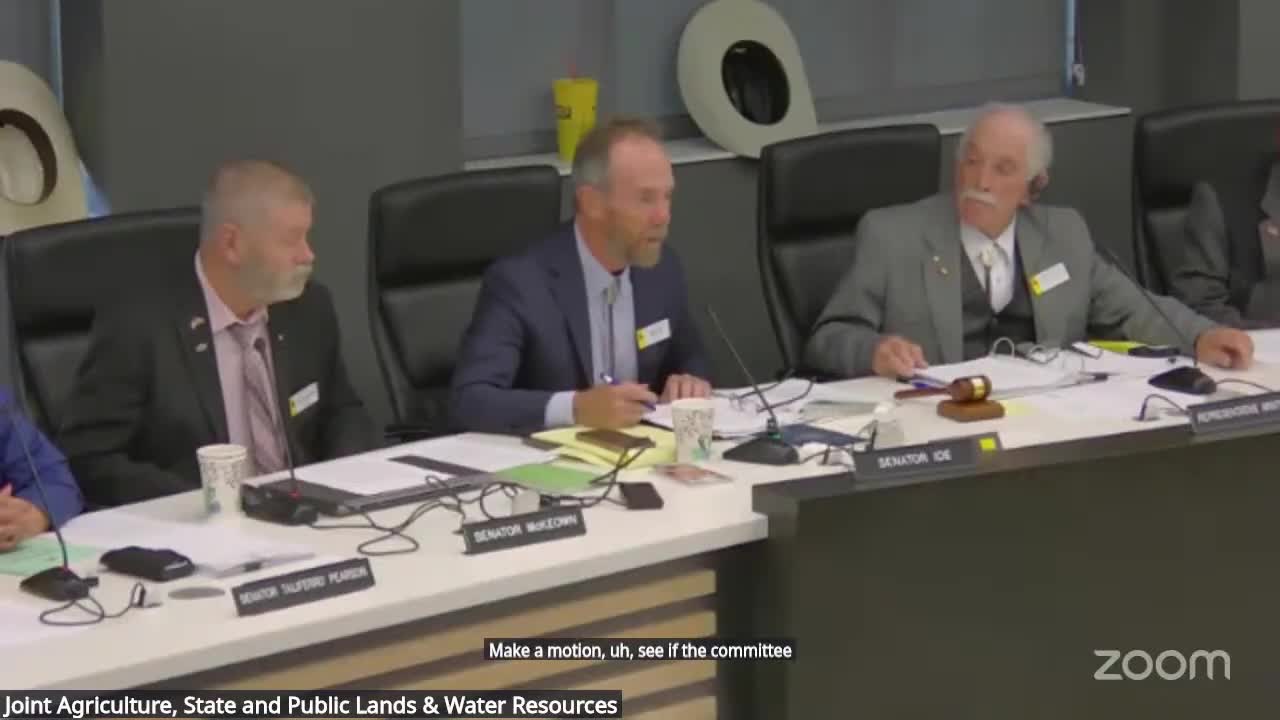Article not found
This article is no longer available. But don't worry—we've gathered other articles that discuss the same topic.

Residents urge legislature to investigate geoengineering and ‘chemtrails’; scientists and municipal leaders disagree on evidence and priorities

Wyoming committee hears detailed scientific briefing on cloud seeding, operations and costs

